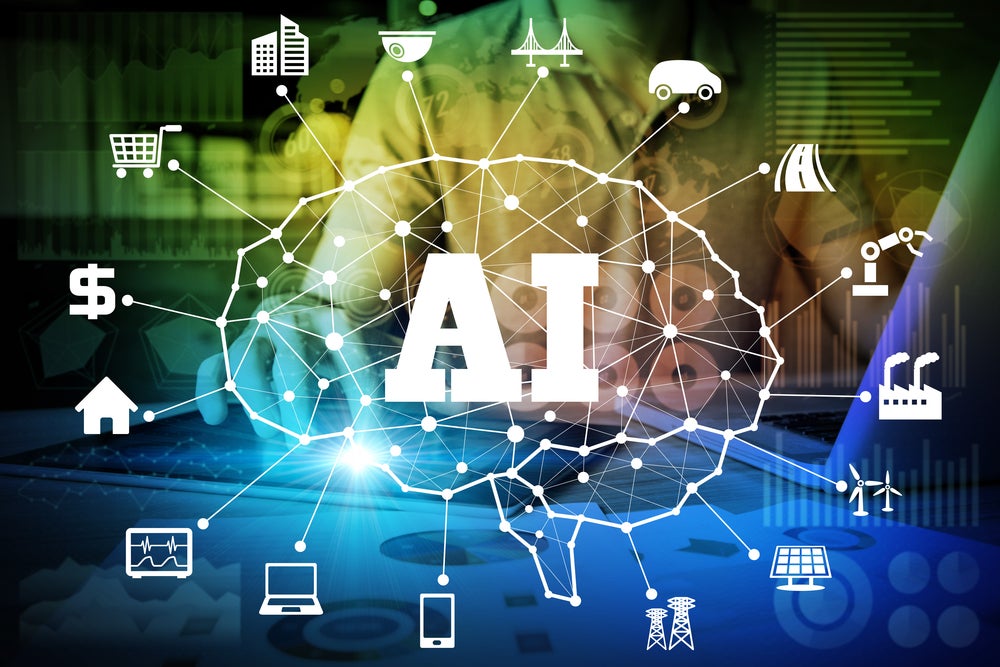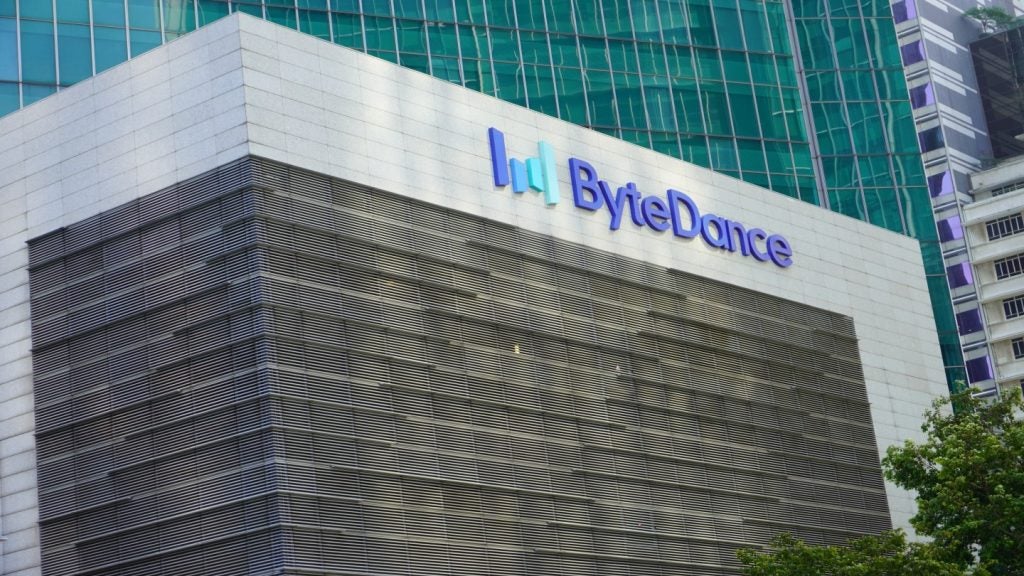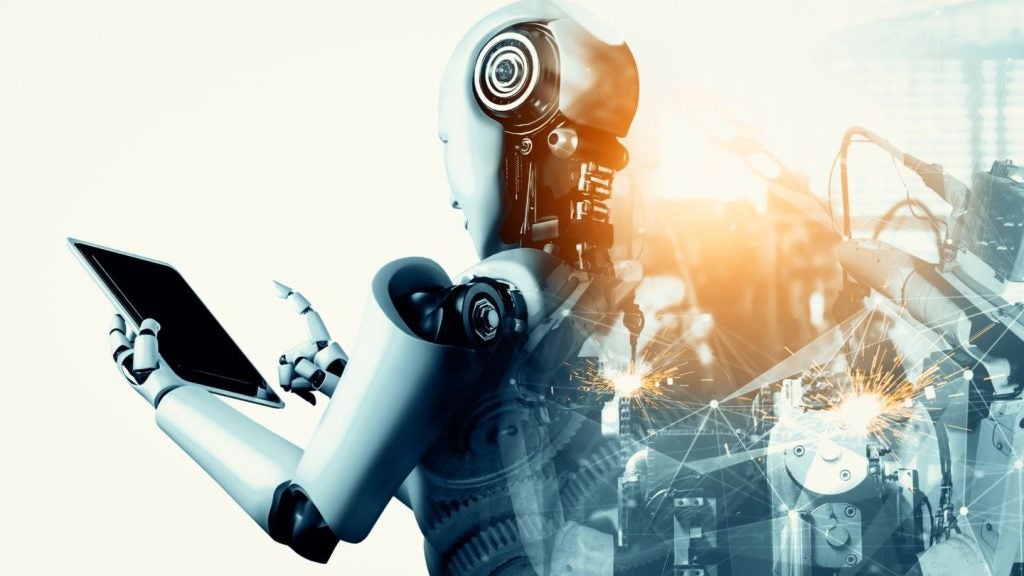
Senior global economist Dario Perkins claims that AI will not result in the widespread job loss predicted by Goldman Sachs.
In a recent interview with macroeconomic forecasting consultancy TS Lombard, Perkins argued that, historically, technological development and unemployment rates are uncorrelated trends, and “technological unemployment is a myth”.
Perkins’ assertion comes amid widespread concerns of AI automation rendering many workers’ skills irrelevant.
In March, Goldman Sachs published a report stating that AI could replace 300 million full-time jobs – and that generative AI is capable of completing a quarter of all tasks currently done by humans. Joseph Briggs and Devesh Kodnani, co-authors of the report, instead chose to foreground the potential for GDP to eventually increase by 7% globally with artificial intelligence.
But fears around AI job disruption have come from the top down. In May, ‘godfather of AI’ Geoffrey Hinton resigned from Google to speak freely on AI’s potential to upend the job market and threaten humanity.
BT and IBM lead AI job cuts
This disruption is already ongoing in the tech sector. BT CEO, Philip Jansen, revealed plans to cut 55,000 jobs by 2030 and replace 10,000 of these with AI.
How well do you really know your competitors?
Access the most comprehensive Company Profiles on the market, powered by GlobalData. Save hours of research. Gain competitive edge.

Thank you!
Your download email will arrive shortly
Not ready to buy yet? Download a free sample
We are confident about the unique quality of our Company Profiles. However, we want you to make the most beneficial decision for your business, so we offer a free sample that you can download by submitting the below form
By GlobalDataAs part of the British telecom company’s aim to become a “leaner business”, BT wants to reduce its 130,000 global employees to 75,000. Jansen’s announcement came as BT published its annual financial results on May 18. Reported profit before tax was £1.7bn – a 12% decrease from the previous year, according to GlobalData Thematic Intelligence.
IBM has also joined BT in naming artificial intelligence as a staff-replacing, cost-cutting method. CEO Arvind Krishna announced that IBM will stop hiring for roles it thinks could be replaced with AI, above all back-office functions such as human resources.
At IBM, these non-customer-facing roles equate to 26,000 employees. Krishna said he “could easily see 30% getting replaced by AI and automation over a five-year period”, which would amount to 7,800 jobs lost.
Will AI create new jobs for those it displaces?
To Perkins, these jobs are likely to be displaced rather than replaced outright. He points to two effects of technology on the job market. Firstly, “the substitution effect, where some workers are displaced while new jobs are created in other sectors”; and, secondly, “the income effect, where the price of goods is depressed, everyone becomes wealthier in real terms as new industries, new jobs and new wealth are created.”
The World Economic Forum predicts that AI will create 97 million new jobs by 2025, leaving a large gulf to be made up if Goldman Sachs’ figures are also accurate. So far, the majority of new jobs associated with AI – from prompt engineer to AI auditor – have been entirely based on, and therefore dependent on, the technology itself.
Perkins’ claim that “over history, the income effect has dominated the substitution effect” is incongruent with the BT and IBM job cuts. However, it is relevant to his example of bank tellers. Introducing ATMs replaced the low-value, automated task of distributing cash, allowing bank tellers to upskill and move into other areas. “Productivity improved, real wages went up and banks became more profitable”, according to Perkins.
Other economists believe AI job displacement will deepen inequality of income. For Erik Brynjolfsson, Director of the Stanford Digital Economy Lab, the emphasis on automation rather than augmentation is the “single biggest explanation” for the rise of billionaires when average real wages are falling.
Perkins’ ATM example is valid, if disproportionate to AI’s staggering progress and adoption rate.
AI’s impact on the global employment market also depends on advancements in the technology’s capabilities, and decisions surrounding AI regulation, with the EU passing the world’s first AI laws on June 14.







